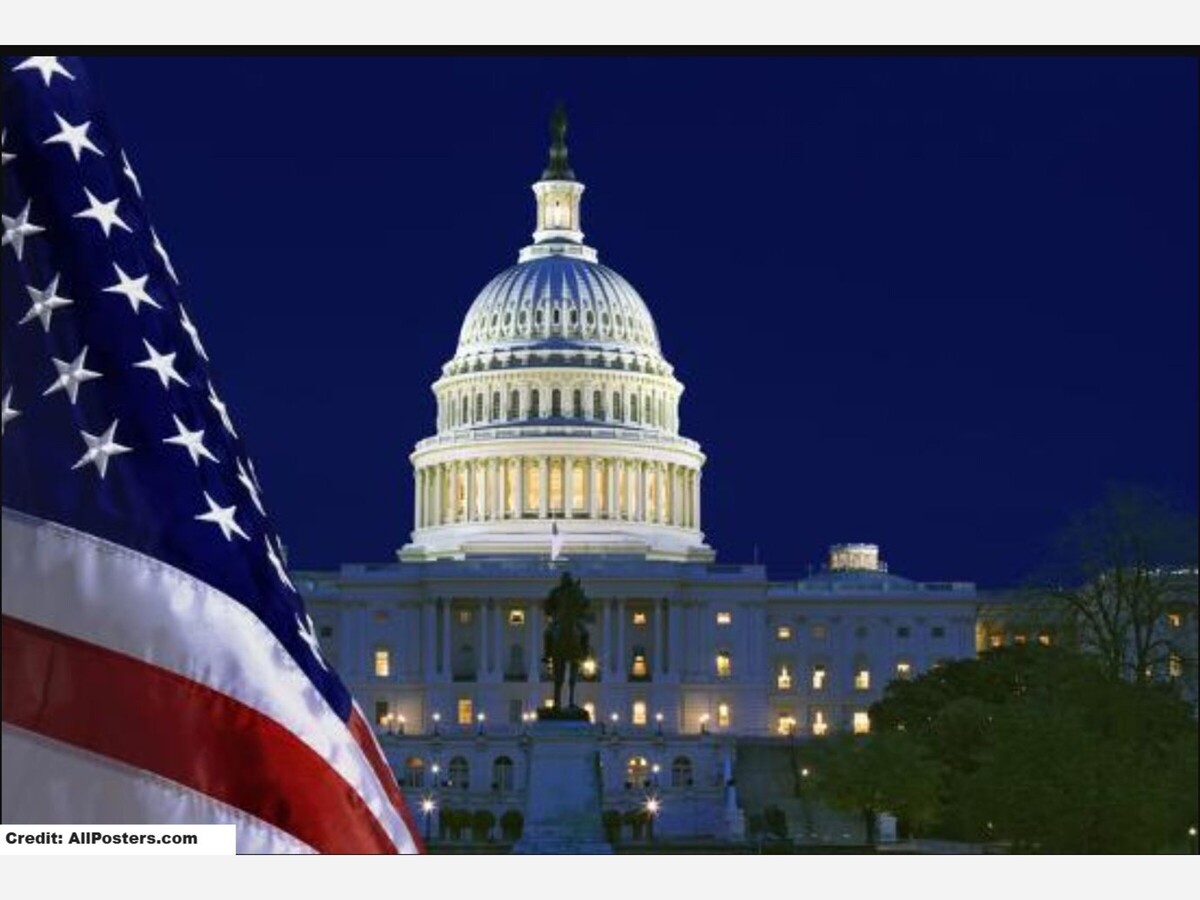Image


After forty-three long and grueling days, the United States government is set to reopen—an act that comes far too late for millions of Americans who have already paid the price of political paralysis. For six weeks, the machinery of governance ground to a halt, not because of natural disaster or foreign attack, but because elected leaders chose brinkmanship over stewardship.
The shutdown may have ended, but its scars are deep. It has been a season of anxiety, empty cupboards, and unpaid bills. It has been a reminder—both brutal and humbling—of how fragile our so-called “most powerful democracy” can become when the guardians of the public trust mistake ideology for leadership.
Behind the sterile language of “continuing resolutions” and “appropriations impasses” lie real stories of anguish. Across the nation, 2.1 million federal employees faced delayed paychecks, many of them twice. Veterans who depend on timely claims processing waited in uncertainty. Families who rely on the Supplemental Nutrition Assistance Program (SNAP) feared missing meals. Air traffic controllers, inspectors, scientists, park rangers, and educators—all became unwilling pawns in a political standoff that treated public service as expendable.
In cities from Minneapolis to Miami, the shutdown was not an abstract policy event; it was a lived trauma. Mortgage payments missed. Childcare disrupted. Prescriptions deferred. Workers who once took pride in serving their country now question whether their government values them at all.
Mental health professionals are already warning of the emotional fallout: spikes in anxiety, depression, and feelings of helplessness among furloughed employees and contract workers who went unpaid. For many, the shutdown wasn’t just financial; it was existential. It shattered the illusion of stability and the quiet dignity of routine.
Economists estimate that the 43-day shutdown shaved roughly $18 billion off the nation’s GDP. Small businesses that depend on federal contracts bled cash. Rural development grants, medical research funding, and infrastructure projects sat in limbo. The nation’s travel and tourism sectors lost hundreds of millions as federal parks and museums shuttered.
But the most insidious damage is the one that doesn’t fit neatly into a balance sheet: the erosion of trust. Investors, workers, and citizens alike now regard Washington with deep skepticism. Every shutdown chips away at America’s credibility—not only abroad but within its own borders.
Even as the government reopens, the ripple effects will continue. Agencies must dig out from backlogs. Safety inspections missed during the shutdown could have lasting repercussions. Families who depleted savings will spend months, even years, recovering from the financial whiplash.
And what of the broader economy? Consumer confidence has dipped, inflation remains sticky, and the global markets are watching closely. The United States, once a model of governance and reliability, has again proven that it can hold itself hostage to political theater.
For ordinary Americans, this shutdown felt less like a policy dispute and more like betrayal. They watched as members of Congress sparred on television while paychecks vanished and services froze. They saw partisan press conferences masquerading as governance. And they began to ask, in weary tones: who is government really serving?
Faith in democracy is not an infinite resource. It must be replenished through integrity, empathy, and competence. Instead, the past six weeks have shown a governing class more invested in ideological purity and political revenge than in the welfare of its citizens.
Rebuilding that faith will require more than reopening the doors of government buildings. It demands accountability. It demands humility. And it demands a reawakening to the basic truth that public office is not a weapon—it is a covenant.
The process of healing begins not in Congress but in communities. Federal workers will return to their desks, carrying both relief and resentment. Nonprofits will scramble to refill food pantries and rental assistance funds depleted during the crisis. Mental health counselors will be called upon to help families manage the psychological toll.
State and local governments, already strained by the shutdown’s fiscal chokehold, will need to pick up the slack once more—proving that resilience often resides closer to home than in the marble halls of Washington. The people will do what they always do: rebuild, rework, and renew. But they should never have had to.
Economically, the road to recovery will be long. Deferred contracts and stalled programs must be resuscitated. Federal agencies must rebuild capacity after hemorrhaging institutional knowledge. Businesses must regain confidence that tomorrow’s paycheck won’t depend on the mood of Congress.
When historians recount this 43-day shutdown—the longest in U.S. history—they will not remember the partisan talking points. They will remember the single mother in St. Paul who rationed insulin to stretch her paycheck. The park ranger in Utah who lost a season’s wages. The air traffic controller who worked unpaid shifts out of duty, not recognition.
These are the stories of an America that deserved better.
The shutdown has ended, but the lesson must not be forgotten: governance is not a game. When politicians gamble with the livelihoods of millions, they gamble with the soul of the nation itself.
The Constitution begins with “We the People,” not “We the Partisan.” It is a declaration of shared destiny, not divided power. To repeat this travesty would be to confess that we have learned nothing from our own folly.
Let this be the last time America confuses stubbornness for strength. For the true strength of a nation is measured not in its defiance, but in its compassion, its wisdom, and its unyielding commitment to serve those who placed their trust in it.